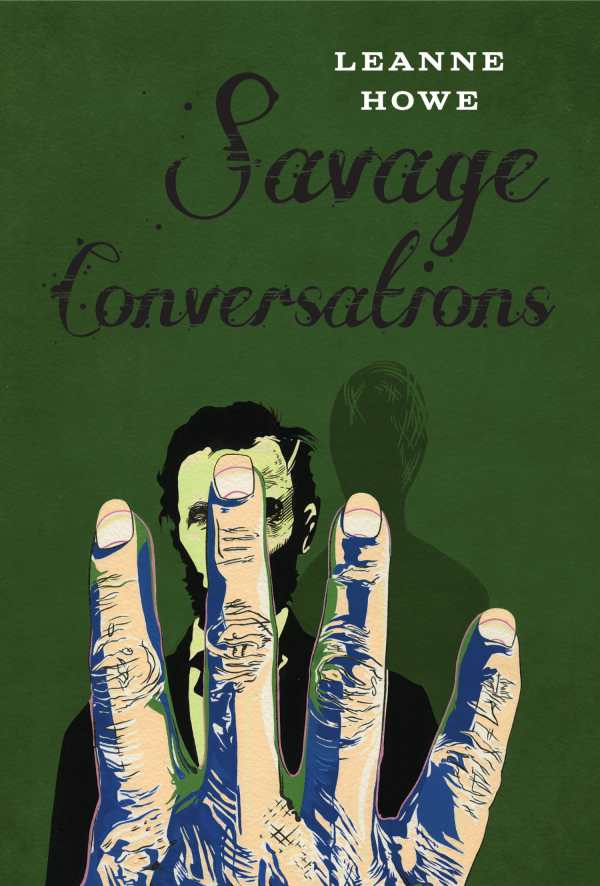Savage Conversations
Mary Todd Lincoln never enjoyed much public favor. Some believed her to be a secret segregationist; others condemned her as a spendthrift during a time of war. Leanne Howe’s play Savage Conversations radically ups the ante in characterizing Mary Todd Lincoln, imbuing her with malice and poetry.
Only three characters appear on stage: Mary Todd Lincoln, Savage Indian, and The Rope. Understanding the characters requires a bit of historical context; it is provided at the beginning of the play. As a result of the Dakota War, President Lincoln ordered thirty-eight Dakota men hung––the largest mass execution in US history. Though their bodies were buried, a local doctor unearthed them and used them as medical cadavers. Howe imagines Savage Indian to be a product of Mrs. Lincoln’s guilt, and the personified Rope speaks to its own role in making family of mourners and deceased alike.
Howe’s first lady remains obsessed with her husband, jealous of his early engagement to another woman, sexually frustrated, selfish, and venal. Nightly, she spars with the imagined Savage Indian, who cuts out part of her facial bones and sews her eyes open that she may clearly see not only what she has wrought, but what her husband has wrought. This particular set of actions stems from transcripts of Lincoln’s sessions; Howe routinely footnotes the play, referencing historical documents and biographies that support her characterization.
The characters’ speech reads like poetry—imagistic, rhythmic, and compressed. Some of the language comes directly from Dakota songs. As the story unspools, Lincoln’s character becomes increasingly suspect and even more fascinating. Did she suffer from Munchausen by proxy? Did she kill her children? Was Robert Todd Lincoln right to have her institutionalized? Were elements of her character suppressed to keep her husband’s legacy intact?
Intriguing, poetic, and disturbing, this play opens up a whole new biographical interpretation for Mary Todd Lincoln.
Reviewed by
Camille-Yvette Welsch
Disclosure: This article is not an endorsement, but a review. The publisher of this book provided free copies of the book to have their book reviewed by a professional reviewer. No fee was paid by the publisher for this review. Foreword Reviews only recommends books that we love. Foreword Magazine, Inc. is disclosing this in accordance with the Federal Trade Commission’s 16 CFR, Part 255.

